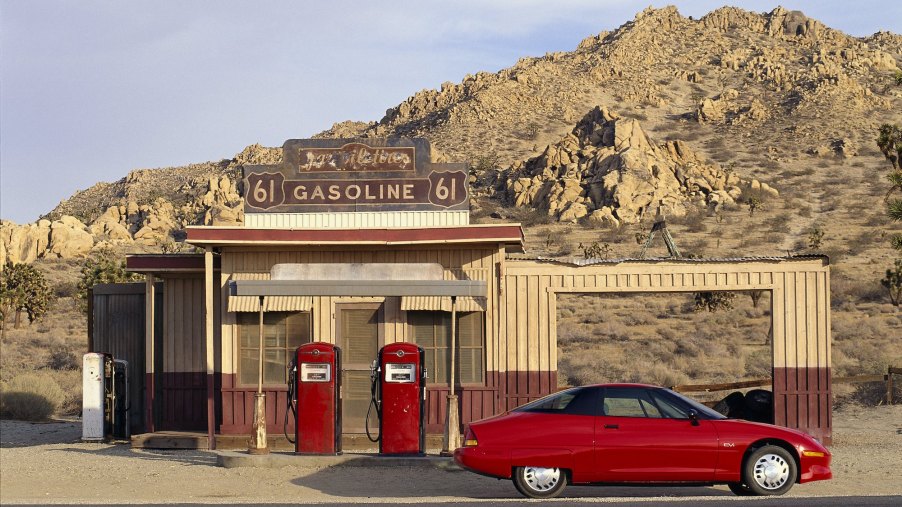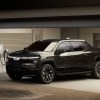
Are Electric Cars Good for Rural Drivers?
Electric cars are fast becoming a top priority for automakers as consumers recognize the benefits of EV tech. Going green is becoming more mainstream and is widely accepted. And though EVs benefit city drivers, some rural communities are sampling them, too.
Rural driving is prominent across much of the country, with millions of acres of farmland, woodlands, and rolling hills. So, are electric cars a smart choice for them, too? Can rural drivers experience the same benefits as city drivers? And will they be as quick to adopt the latest technology? There are two sides to this EV coin. If you live in a rural area, consider these points before buying an electric car.
Country drivers can benefit from EVs
The Union of Concerned Scientists shared studies that suggest electric cars are smart for rural drivers. In terms of fuel expenses, EVs can actually be more beneficial to country drivers. Rural communities present greater distances to much-needed retail and services. Driving longer distances mean spending more money on gas to do everyday things.
Switching to an electric car could save rural drivers $1,900 to $2,800 each year. So buying an EV could translate to substantial savings for anyone driving beyond city limits. And it’s this financial incentive that’s causing some rural drivers to explore their EV options.
A few rural driving challenges
Electric cars are great when charging stations are plentiful. But their proximity can be challenging for those who live in more rural communities or out in the country. While those remote-living individuals might be fine to charge their EVs at home, finding ancillary stations can be nearly impossible. According to Forbes, rural households need more than a juiced-up golf cart for an electric car to be viable transportation.
Remote consumers won’t be quick to adopt electric cars until small towns adopt EV infrastructure. It’s just not practical to drive a vehicle that requires a plug-in when you live in a place without charging stations. Some experts suggest that until small towns and rural communities invest in those charging stations, rural drivers will remain hesitant to buy EVs.
For instance, in North Dakota, electric cars are piquing local interest, E&E News reports. Ford has offered a North Dakota dealership a few incentives to install two charging stations. This proposition might make electric cars in rural areas more attractive. But in the end, EVs won’t necessarily fare well in that state’s brutally cold winters. And many residents aren’t necessarily willing to give up the versatility of their pickup trucks for working and hauling just yet.
Resources for finding EV charging stations
For anyone new to electric cars, some smartphone apps can help locate charging stations. Rural drivers might have to travel farther to find them, but charging stations are popping up more and more. PlugShare, Open Charge Map, ChargeHub, and ChargeMap are just a few apps. If you consider yourself a rural resident, you might want to use these tools to identify the closest charging stations for you before you buy an EV.
Electric cars are here, and many automakers have already committed to producing all-electric lineups in the next several years. At some point, rural residents will likely be ready to own and drive them. The development of more robust charging station infrastructures will likely determine whether rural drivers buy EVs sooner or later.


